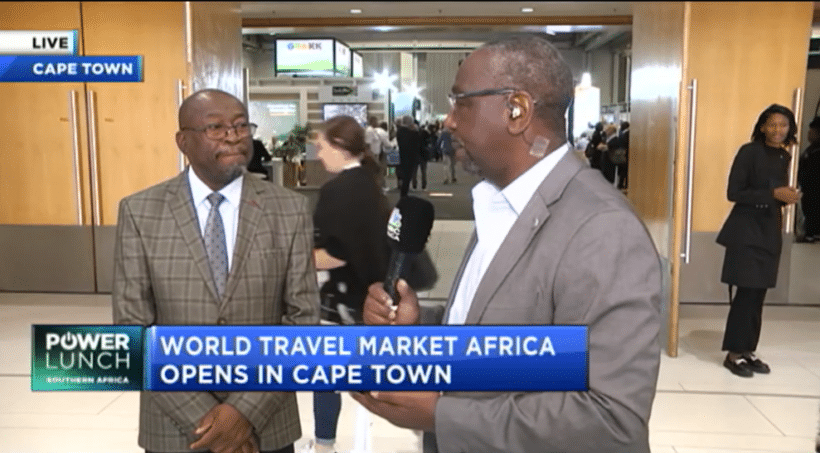
The introduction of the long awaited e-visa system is a significant step, although it’s still a work in progress. Implemented just two years ago, the system is improving, despite encountering some challenges on a backlog in converting the paper-based system to a computerised one.
The Deputy Minister of Tourism to South Africa, Amos Fish Mahlalela told CNBC Africa that his ministry is making strides in enhancing accessibility through the introduction of the e-visa system: “It might not be 100% to where we want it to be, but it’s in the making, because it’s something that we’ve just introduced two years ago, so it is in the making, and it’s gradually improving.’’
According to Statistics South Africa, foreign arrivals dropped by 71% from just over 15,8million in 2019 to less than 5 million in 2020. It is evident that the COVID-19 pandemic impacted the tourism industry around the world and in South Africa, mainly due to the lockdown and travel restrictions that were imposed.
“After the whole world was hit by the COVID-19, we then developed a tourism sector recovery master plan, which was aimed at making sure that when everything was opened, we were able to rejuvenate the tourism industry by making sure that we intensify our marketing strategy, to make sure that we intensify our investment strategy, we make sure that we increase our visitors into South Africa and be able to go back to pre-pandemic,” Mahlalela said.
Today marks the kick-off of the 2nd edition of the Investment Forum Africa in Cape Town under the theme: Unlocking Intra Africa Tourism Investment, Building Long Term Sustainability and Resilience.
“We’ve established the investment portfolio and the investment strategy, not just for the tourism sector, but for South Africa as a whole in terms of various business opportunities that the country is able to offer,” he said.
The 2-day conference will seek to promote investments and trade opportunities within tourism and related sectors.